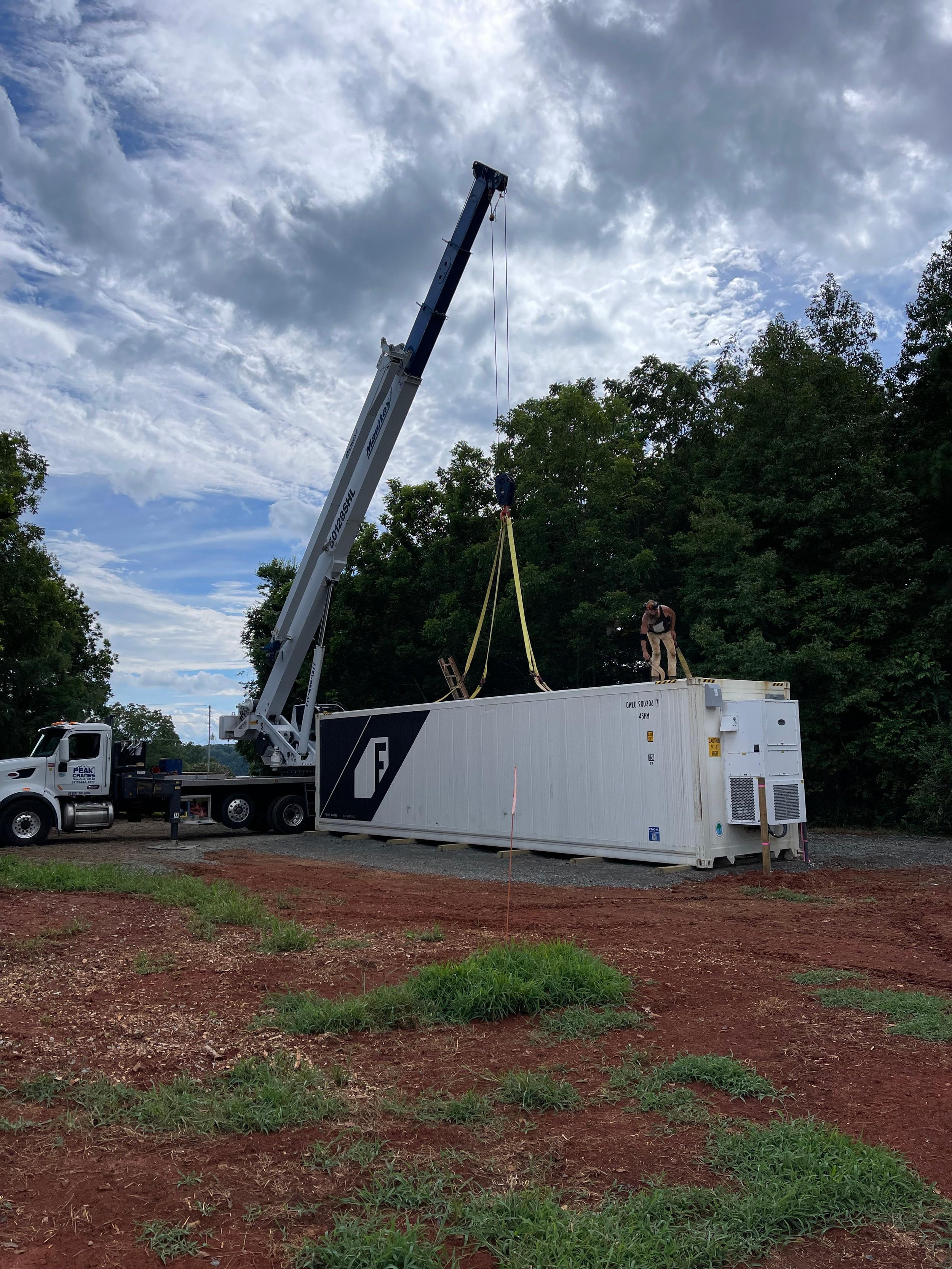Hydroponics 101: The Future of Sustainable Farming Without Soil
As the global demand for sustainable food solutions rises, hydroponics is quickly becoming a game-changer in agriculture. This innovative farming method allows crops to grow without soil, relying on nutrient-rich water systems to deliver everything plants need to thrive. From water conservation to space efficiency, hydroponics offers solutions that traditional agriculture can't match, especially in urban settings.
What is Hydroponics?
At its core, hydroponics is a method of growing plants without soil. Instead, plants are suspended in nutrient-dense water or mist systems, providing them with the perfect balance of oxygen, nutrients, and water. This soil-free system allows for year-round growing, even in environments where traditional farming isn’t possible.
Popular Hydroponic Systems
Hydroponic farming comes in various forms, each offering unique benefits based on the needs of the crop and grower. The most common systems include:
Nutrient Film Technique (NFT): A constant flow of nutrient solution keeps roots hydrated.
Ebb and Flow: Nutrient solution floods the roots at intervals, allowing for oxygen exposure between cycles.
Drip Systems: Nutrients are dripped directly onto the plant roots, ideal for precision growing.
Aeroponics: Plants are suspended in air, with roots regularly misted with nutrients and water, promoting rapid growth.
These methods are highly customizable, allowing farmers to grow a wide variety of crops while maximizing space and efficiency.
Benefits of Hydroponic Farming
The advantages of hydroponics extend beyond just eliminating soil:
Water Efficiency: Hydroponics uses up to 90% less water compared to traditional agriculture.
Year-Round Growing: Climate control means crops can be produced regardless of season.
Faster Growth: Plants grow 25-30% faster due to direct access to nutrients.
Fewer Pesticides: The controlled environment leads to less need for harmful chemicals.
Space Efficiency: Vertical hydroponic systems allow farmers to maximize space, making them ideal for urban settings.
Higher Yields: Better control over growing conditions results in increased crop yields.
Applications of Hydroponics
Hydroponics is being embraced by industries worldwide, including:
Nonprofits: Organizations focused on addressing food insecurity are using hydroponics to provide fresh, nutritious produce to underserved communities, ensuring year-round access to healthy food.
Schools and Universities: Integrating hydroponics into STEM curricula, teaching sustainable farming.
Healthcare: Hospitals are using hydroponics to grow fresh, local produce on-site, improving nutrition for patients.
Zoos & Aquariums: Hydroponic systems are being used to grow fresh plants for animal feed and to support conservation efforts by cultivating endangered plant species.
Conclusion
Hydroponics is more than just a modern farming method—it's a sustainable solution to global food challenges. With its ability to grow crops year-round, reduce water usage, and maximize space, hydroponics is empowering industries from nonprofits to healthcare to make fresh, nutritious produce accessible.
Getting Started with Hydroponics
If you’re interested in starting your own hydroponic farm, now is the perfect time. Whether you’re an individual grower or a large-scale operation, Freight Farms offers customizable hydroponic farming solutions that can be tailored to meet your needs. Our container farms make it easy to implement sustainable, soil-free farming in virtually any environment.












